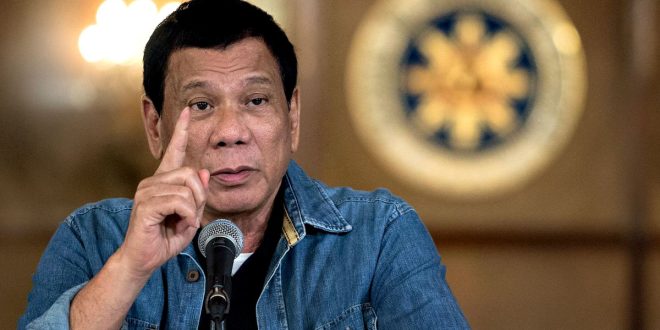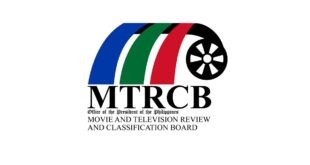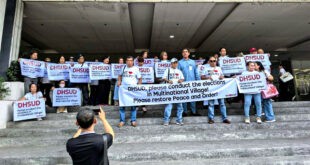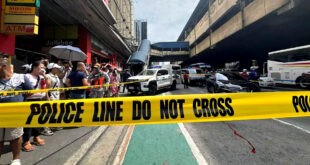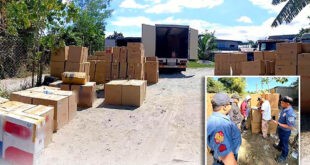SAMPUNG doktor ang marahas na pinaslang at naging talamak ang red-tagging sa hanay ng healthcare workers sa ilalim ng halos anim na taong administrasyong Duterte.
Nakasaad ito sa artikulong Violence Against Healthcare Workers in the Philippines na inilathala sa The Lancet, Correspondence dalawang araw bago ang itinatambol ng Malacañang na pagdaraos ngayon ng Duterte Legacy Summit sa Philippine International Convention Center (PICC) sa Pasay City.
Nakasaad sa artikulo na hindi ligtas ang mga manggagawang pangkalusugan sa lumalawak na karahasan at kultura ng walang pananagutan sa ilalim ng administrasyong Duterte
“Filipino health-care workers have not been immune to the growing violence and impunity in the country since President Duterte took office in 2016. Since 2017, at least ten doctors have been violently killed in various regions of the Philippines. Six were killed in 2017 alone,” ayon sa artikulo.
“In 2020, Mary Rose Sancelan, a city health officer in Negros Oriental, and the only doctor serving in the province’s COVID-19 pandemic response, was shot dead with her husband. She was previously red-tagged by a local anti-communist vigilante group. In December, 2021, Raul Andutan, a surgeon and medical director in Cagayan De Oro, was killed in broad daylight for a reported bounty of US$3000.”
Pinayabong umano ang karahasan ng Anti-Terrorism Act of 2020 at militarised COVID-19 response ng pamahalaan.
Inihalimbawa sa artikulo na naranasan ng healthcare workers ang pag-akusa sa Alliance of Health Workers (AHW) bilang prente ng Communist Party of the Philippines (CPP), pagpapalayas sa mga nurse sa kanilang mga bahay sa takot na makahawa sila sa kasagsagan ng CoVid-19 pandemic, at isang ambulance driver ang binaril dahil sa pagparada sa residential area.
Ang pagtaas ng bilang ng naturang mga kaso ang nagbigay daan sa pagpasa ng Mandatory Protection of Health Workers, Frontliners, and Patients Act.
Nagbunga rin ito ng pangamba sa hanay ng healthcare workers at ang kawalan nila ng seguridad ay nagsilbing dagok sa mga komunidad na nawalan o napagkaitan ng serbisyong pangkalusugan sa iba’t ibang panig ng bansa.
“The indirect consequences of violence against health-care workers are thus diffuse and insidious, but might assume disastrous proportions.”
Lahat umano ng uri ng pinsala laban sa healthcare workers ay kasuklam-suklam at hindi katanggap-tanggap lalo na’t nagresulta ito sa pagkawala ng buhay.
“Beyond being seen as human resources, healthcare workers deserve dignity, safety, and security; to only call them heroes or appeal to their patriotism is paltry lip service and simply does not do enough.”
Kahit kinondena sa loob at labas ng bansa ang mga pag-atake sa healthcare workers, kaunting kaso ang nalutas at bukod sa mga inisyung pahayag ng pagkondena ay madalang na kumilos ang mga maimpluwensiyang institusyon.
“More so, the enabling environment for healthcare workers to organise themselves to seek redress for even the most basic of grievances, much less actively pursue justice for fallen colleagues, leaves much to be desired.”
Nanawagan ang grupo ng medical frontliners na kagyat na kumilos ang mga lider ng bansa upang makamit ang hustisya ng healthcare workers at bigyan sila ng proteksiyon laban sa planado at patraydor na kapahamakan.
“The murder of a life spent in service of the underserved should be unsettling, and should lead to concrete reform, accountability, and justice, especially by people and institutions in power. We ask the international health community for solidarity in support of this call.” (ROSE NOVENARIO)
 HATAW! D'yaryo ng Bayan hatawtabloid.com
HATAW! D'yaryo ng Bayan hatawtabloid.com

